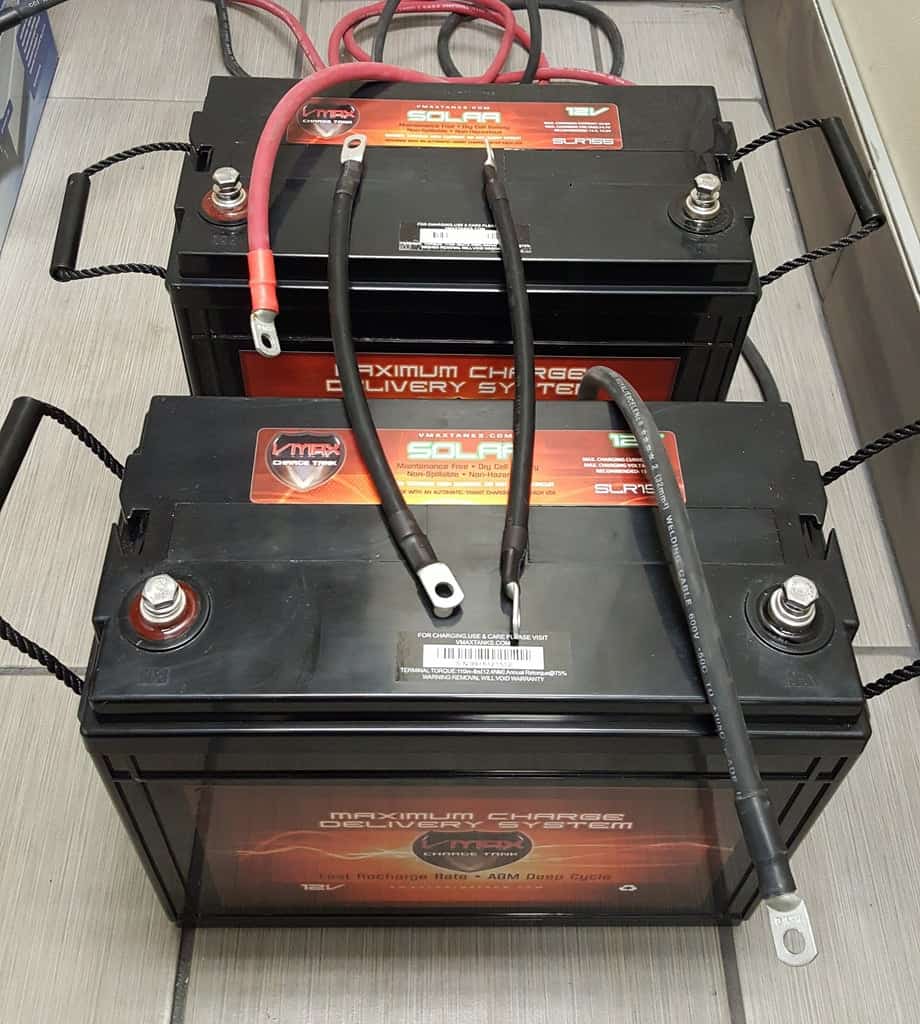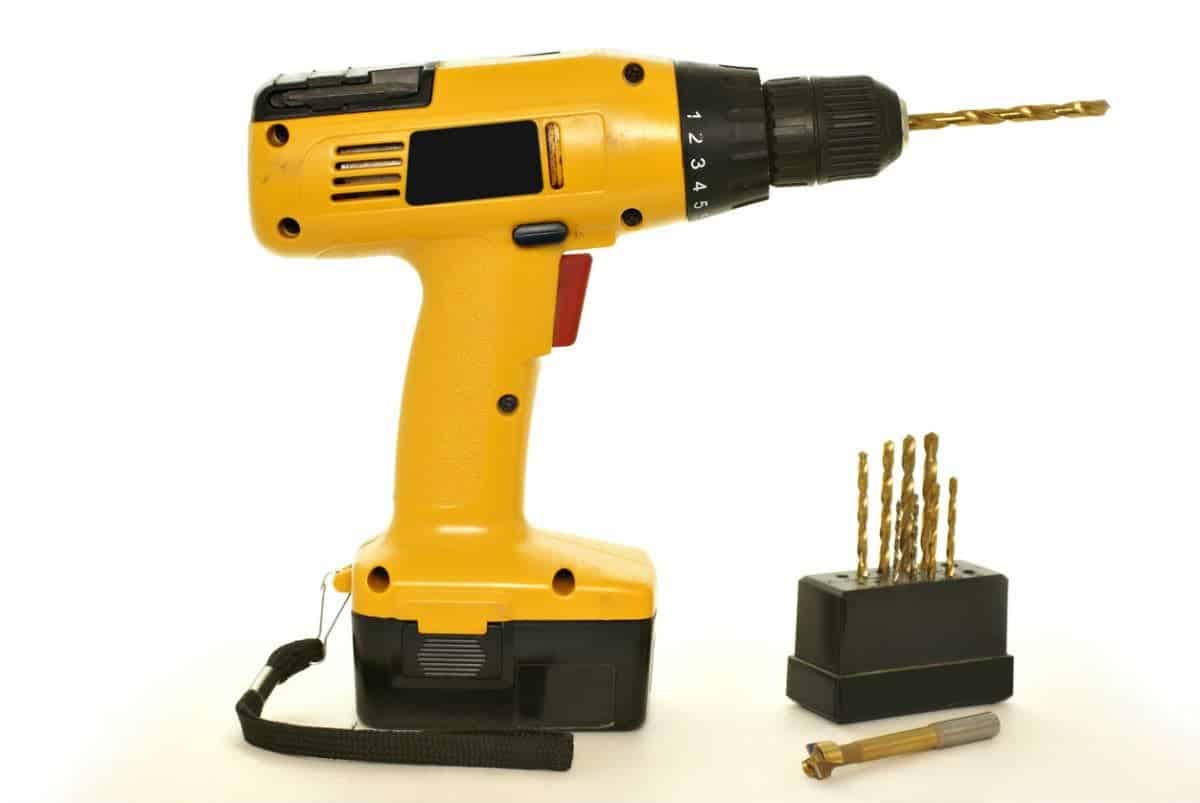Power interruptions are unavoidable. As a result, all households require at least one power backup plan. Generators are the finest alternative for lighting dwellings. Generators, on the other hand, do not always create electricity. So, does a generator gradually lose its residual magnetism over time? Yes, a generator loses residual magnetism with time. How does this occur? Let's find out more about that below.
What is Residual Magnetism?
Generators work by passing electrical conductors through their own magnetic field. In contrast, generators do not contain magnets. Instead, the magnetic field is created by converting a portion of the generator's output voltage to DC and passing it through a coil to generate an electromagnet.

Generators start up using a phenomena known as residual magnetism. This is a trace of magnetism left over from the generator's last run. This small amount of residual magnetism is sufficient to produce a small amount of power.
This small quantity is used to create an electromagnet. When the engine cranks this electromagnet, it moves its electric field across the stator windings, increasing the power output of your generator. If residual magnetism is lost, your generator will not create any energy when it starts.
Why Do Generators Lose Their Residual Magnetism?
Generators can lose their magnetism in several ways. When the leftover magnetism is gone, the generator stops producing electricity. This residual magnetism can be lost spontaneously when the generator is not in use or when a load is supplied to it after it has been switched off.
If you run your generator without a load for an extended period of time, it may lose its residual magnetism. Again, this leads to a loss of magnetism over time.
It may also be caused by vibration during long-distance transportation. This is especially true for new generators.
How Can You Restore Residual Magnetism
If there is no residual magnetism, your generator will not produce power, even if you keep it running. Therefore, you will need to restore the magnetism needed to begin voltage buildup to keep using your generator as soon as possible. You can restore it by following the steps given below;
a). Using a 12-Volt Generator Battery Method
Firstly, you will need a 12-volt battery to get started. You can even use a car battery if you have a small generator. Next, locate your generator's automatic voltage regulator. Finally, disconnect the two wires that run to the generator brushes.

One is usually red, while another is black or white. Connect the black or white wire to the generator’s ground battery terminal. Next, connect a light, turn on the generator's breaker or switch, and start the motor.
Connect the battery's +12 volts (red cable) to the red wire on the terminals you removed for three seconds. Remove the cables and then replace the plug. The generator should now be generating electricity once again.
b). Using the Electric Drill Method
Connect an electric drill to the generator outlet. Move the direction switch to the forward position if the drill is reversible. Fire up the generator. Spin the drill chuck in the other way while depressing the drill trigger.

This will excite the field, resulting in the generator producing electricity. Whether spinning the chuck in one direction fails, try spinning it in the opposite direction to see if the reverse switch is set backward.
Conclusion
Generators lose their residual magnetism with time. This is usually because of running it for too long without a load, shutting off a generator while it is still loaded or even when the generator is not used for a long time. However, the good news is that you can reverse this situation easily.
Image: My generator














